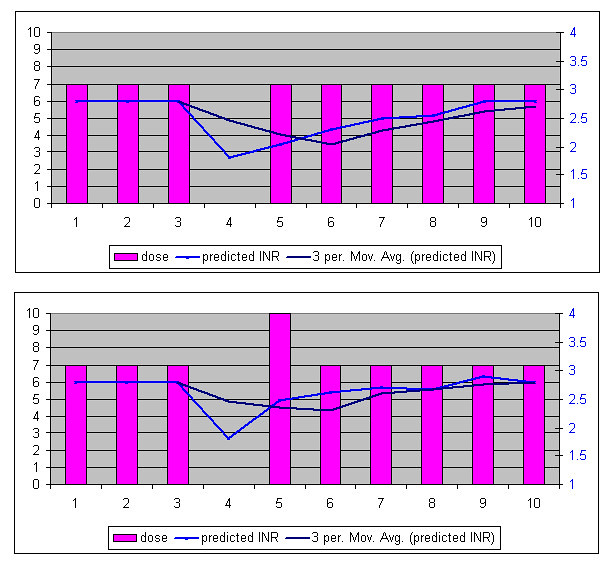42/f/AVR 3/5/14, mechanical
I chose mechanical for two reasons:
1) I wanted to drastically decrease my chances of facing surgery again (even though it wasn't as horrible as I thought it would be - the more surgeries you have the more risk you assume). My surgeon told me if I opted for tissue, I would be seeing him again in possibly 5-7 years because tissue valves wear out faster on us young folks than they do on our more mature friends.
2) I've already lived through years of a declining valve, why would I want to do that again?
I am just now getting my INR stabilized. I have not had any problems, have not adjusted my diet, etc. I did have a little spike when I went on vacation because my normal intake of greens decreased, and my intake of alcohol increased. But that was just a blip. Pre-op I was on only night-time meds, and kept them on my nightstand. Post-op, initially, I was on morning & night, so i set an alarm on my phone. There were definitely days when I forgot to take my morning meds, but I never missed them by more than a few hours. I still keep an empty pill bottle on my nightstand to remind me in case I ignored the alarm on my phone.
The only adverse warfarin effects I have noticed are: 1) It take a little longer to stop bleeding when the chickens scratch my arm (maybe a few minutes more?) 2) If I have an acne breakout and manage to pick at it, they take 2-3 days longer to heal completely. 3) Girl problems.
It's probably if I weren't on ACT that I would never had paid attention to those issues.
Ticking? Yeah, it's there. Sometimes I hear it, other times not. Sometimes others hear it, sometimes not. Right now: 8:15 am, alone in the house, AC running, ceiling fan on, can't hear it.
I agonized over the decision also, because of the possibility of hearing ticking forEVER. Once I hear something, it's hard to ignore it, and then I start counting (I know!). I've gotten over that, mostly. It's a personal decision, and I did have a lot of my older friends question my choice (which I thought was rude) because of the warfarin. I'm happy with my choice, and I'm sure if I had chosen tissue I would be happy with that choice as well.
Good luck!


























